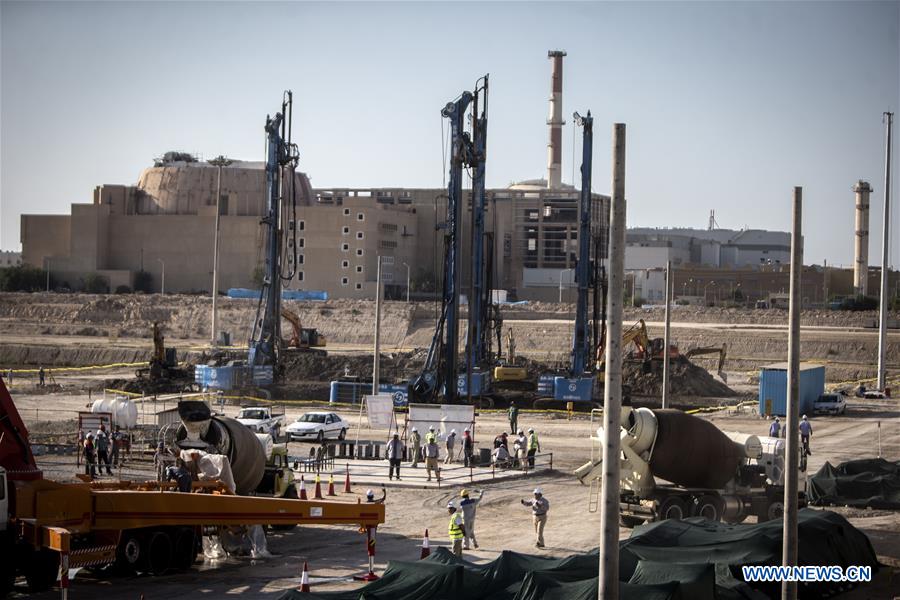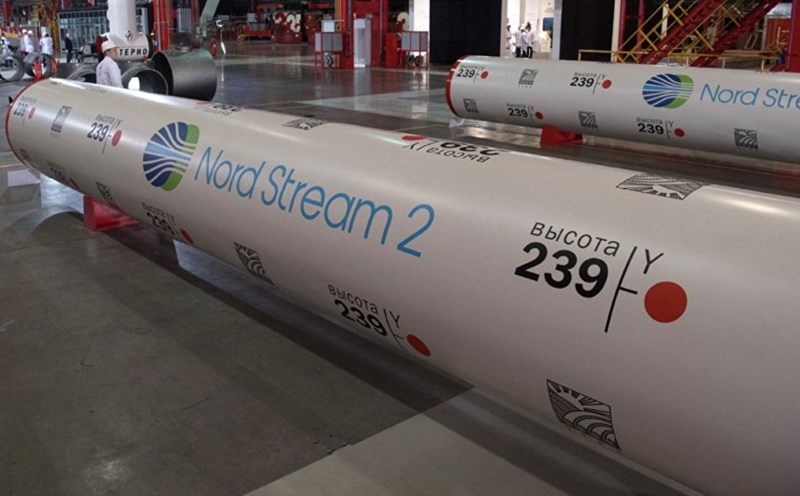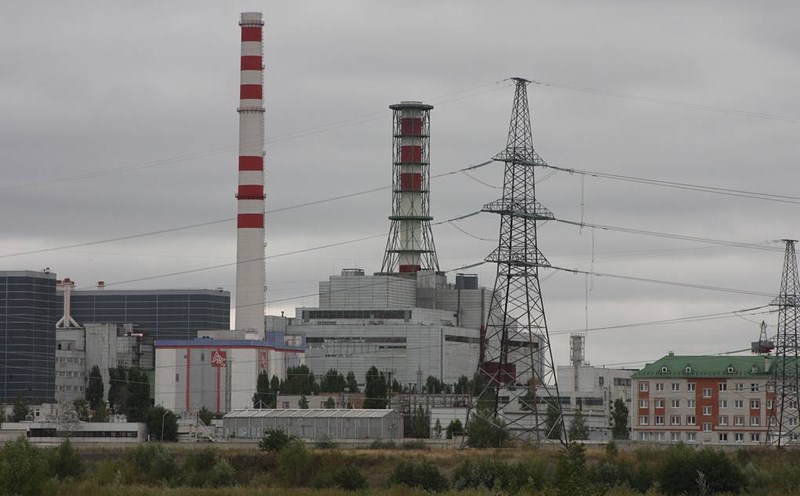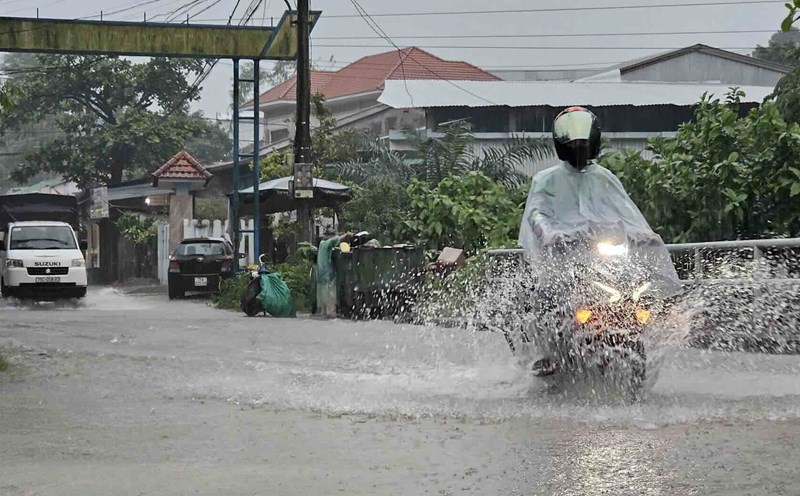Just before the United Nations were preparing to restore a series of strong sanctions, Tehran suddenly signed a $25 billion deal with Moscow to build four nuclear power plants.
IRNA news agency said on September 27 that Rosatom Group (Russia) and Iranian company Hormoz have signed a contract to deploy 4 nuclear reactors in Sirik, Hormozgan province, with a total capacity of more than 5,000 MW.
This is the largest civil nuclear project between the two countries since Russia supported Iran in completing the Bushehr plant in the early 2000s.
Iran currently has only one nuclear power plant in Bushehr, with a capacity of 1,000 MW, meeting less than 2% of its national electricity demand.

According to the plan, each new reactor will have a capacity of 1,255 MW, but the specific construction progress is unknown.
Iran's Vice President and head of the Iran nuclear power organization, Mohammad Eslami, added that the next four reactors will also be located in Bushehr in the next phase.
Russia has long planned to build up to eight reactors in Iran, supporting Tehran's ambition to achieve 20 GW of nuclear power by 2040. However, these projects have been stalled many times due to international sanctions and nuclear tensions between Iran and the West.
Notably, the $25 billion deal was signed just hours before a series of comprehensive UN sanctions are set to return on September 27.
Last month, the UK, France and Germany activated the automatic sanctions reimposing mechanism (snapback), accusing Iran of not complying with the 2015 nuclear deal (JCPOA). This means Tehran is at risk of facing a new heavy round of embarrassment, including an arms and financial embargo.
At the Security Council meeting on September 26, Russia and China proposed a draft to extend the dialogue for another 6 months, but it is unlikely to be approved as Western countries are determined.
The US has unilaterally withdrawn from the JCPOA under President Donald Trump since 2018, causing Iran to gradually withdraw its commitment to limit its nuclear program. Efforts to negotiate a deal to restore the deal were halted after a series of unprecedented Israeli airstrikes on Iran in June, fueling a 12-day war in which Washington was also drawn into.
The West has repeatedly accused Iran of secretly pursuing nuclear weapons, something Tehran has strongly denied, asserting its program is purely for civilian purposes. Russia also emphasized that nuclear cooperation with Iran is transparent and complies with international standards.
Observers say that Tehran and Moscow's participation in this "nuclear super project" is not only to solve Iran's huge energy demand, but also to strategically strengthen the relationship between the two countries in the context of both Russia and Iran under pressure from the US and its allies.







